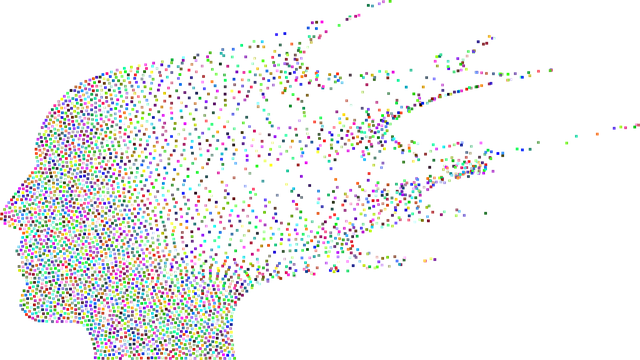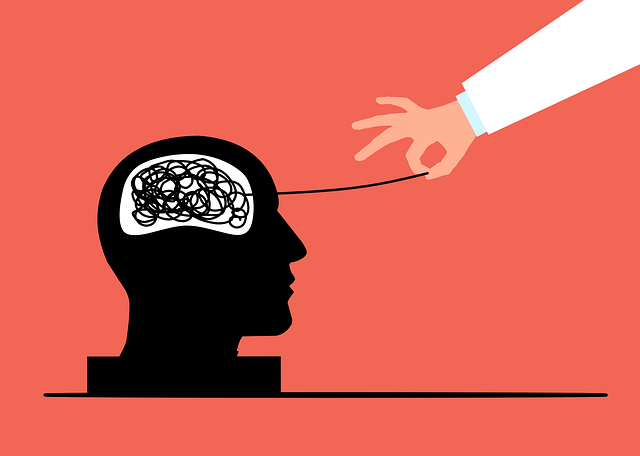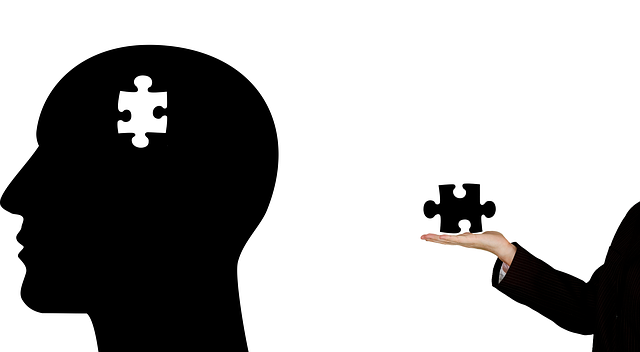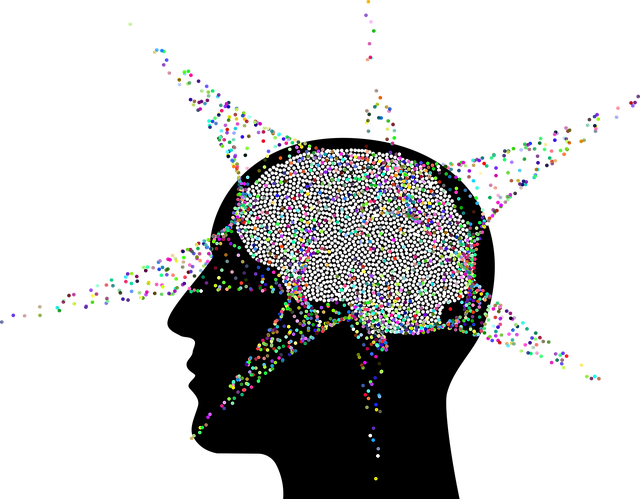Englewood Spiritual-Religious Issues Therapy offers a holistic approach to diagnosing and treating mental illness by integrating conflict resolution, emotional regulation, and spiritual-religious perspectives. This method enhances diagnosis accuracy, self-awareness, and resilience, empowering individuals to manage their moods and cope with life's challenges. By addressing spiritual and religious beliefs often overlooked in conventional settings, this therapy improves patient engagement and comprehensive risk assessment, contributing to Mental Health Policy Analysis and Advocacy for inclusive care. Combining evidence-based practices with targeted interventions allows mental health professionals to capture nuanced differences, enabling personalized treatment plans.
Mental illness diagnosis accuracy is a complex and evolving field, with significant implications for patient care. This article explores the intricacies of mental health assessment, focusing on how integrating spiritual-religious perspectives in therapy can enhance diagnostic precision. By delving into understanding the complexities of mental illness, adopting comprehensive approaches, and considering Englewood Spiritual-Religious Issues Therapy, we aim to improve diagnostic accuracy and ultimately benefit those seeking mental health support.
- Understanding the Complexities of Mental Illness Diagnosis
- Integrating Spiritual-Religious Perspectives in Therapy
- Enhancing Diagnostic Accuracy through Comprehensive Approaches
Understanding the Complexities of Mental Illness Diagnosis

Diagnosing mental illness is a complex process that involves understanding a myriad of symptoms and their underlying causes. Each individual’s experience with mental health issues is unique, shaped by biological, psychological, and social factors. The brain, after all, is an intricate organ, and its disorders can manifest in diverse ways, making accurate diagnosis a challenging task. For instance, what may be indicative of depression in one person could differ from another’s presentation, complicating the process further.
Englewood Spiritual-Religious Issues Therapy offers a holistic approach to navigating these complexities. By integrating conflict resolution techniques and teaching emotional regulation skills, therapists empower individuals to manage their moods effectively. This multifaceted strategy not only enhances diagnosis accuracy but also fosters self-awareness and resilience, enabling clients to cope with life’s challenges in healthier ways.
Integrating Spiritual-Religious Perspectives in Therapy

Integrating spiritual-religious perspectives into therapy has emerged as a valuable approach to enhancing mental illness diagnosis accuracy and overall patient care, particularly in diverse communities where beliefs and values play significant roles in individuals’ lives. This holistic strategy recognizes the profound impact of spiritual and religious factors on mental health and well-being, which are often overlooked or misunderstood in conventional therapeutic settings.
Englewood Spiritual-Religious Issues Therapy focuses on fostering open communication between therapists and clients to explore their unique spiritual-religious beliefs and experiences. By incorporating these perspectives into treatment plans, therapists can employ tailored communication strategies that resonate with individual clients. This approach not only improves patient engagement but also facilitates a more comprehensive risk assessment for mental health professionals. Moreover, it contributes to the ongoing Mental Health Policy Analysis and Advocacy efforts by highlighting the importance of addressing spiritual-religious aspects in mental healthcare, ensuring a more inclusive and effective support system for diverse populations.
Enhancing Diagnostic Accuracy through Comprehensive Approaches

Improving mental illness diagnosis accuracy requires a comprehensive approach that addresses various aspects of an individual’s well-being. Beyond traditional assessments, integrating therapeutic modalities such as Englewood Spiritual-Religious Issues Therapy offers valuable insights into patients’ lived experiences and belief systems. This holistic perspective recognizes the interplay between psychological, social, and spiritual dimensions, enhancing the depth and validity of diagnoses.
By combining evidence-based practices like Conflict Resolution Techniques and Communication Strategies with targeted interventions like Social Skills Training, mental health professionals can capture nuanced differences in behavior and cognition. Such a multifaceted strategy not only improves diagnostic accuracy but also paves the way for more personalized treatment plans.
Mental illness diagnosis accuracy has seen significant strides with efforts that integrate spiritual-religious perspectives in therapy, such as those explored for Englewood Spiritual-Religious Issues Therapy. By understanding the complexities of mental illness and adopting comprehensive diagnostic approaches, healthcare professionals can enhance accuracy, improve patient outcomes, and provide more personalized care. These advancements are crucial steps towards ensuring individuals receive the support they need for their holistic well-being.











